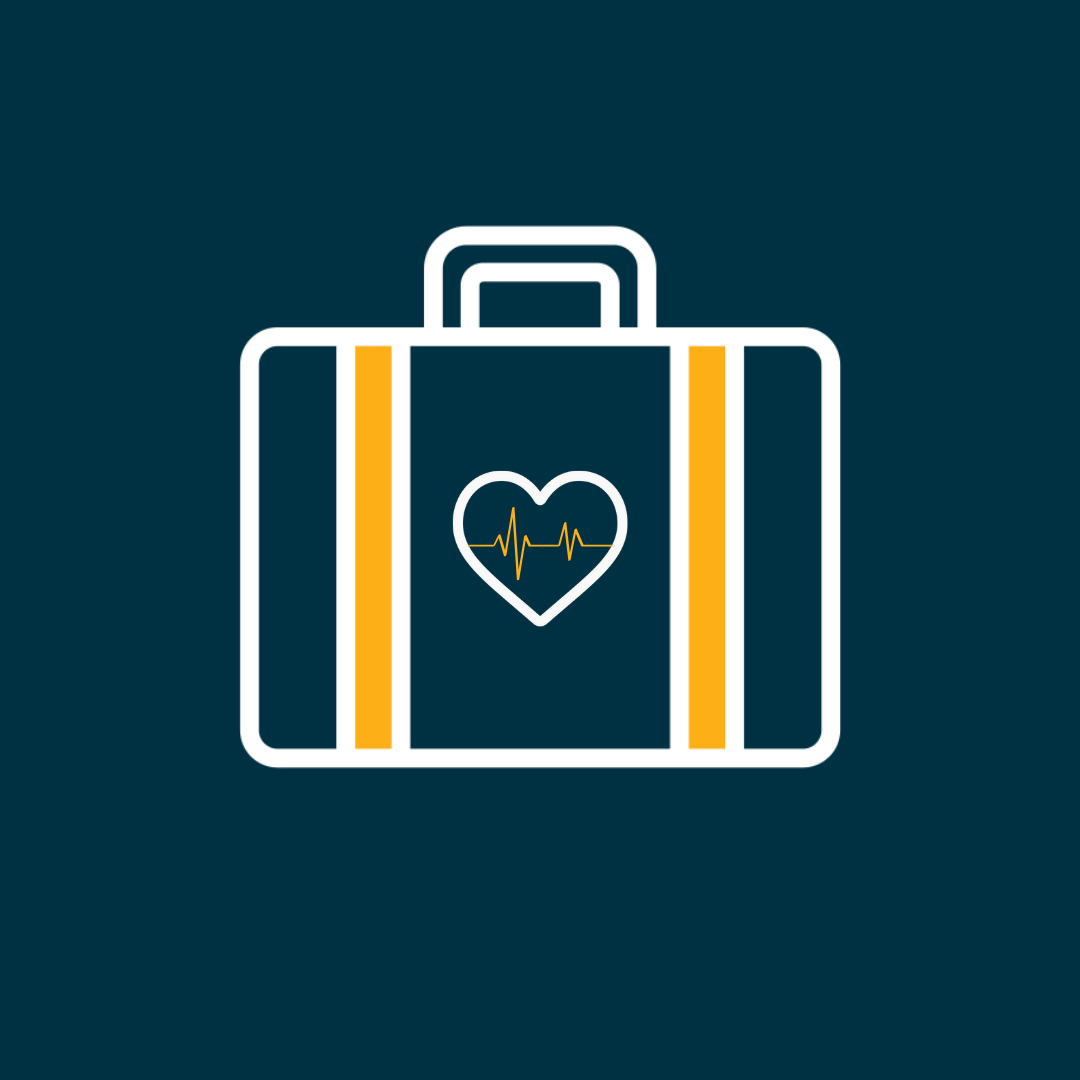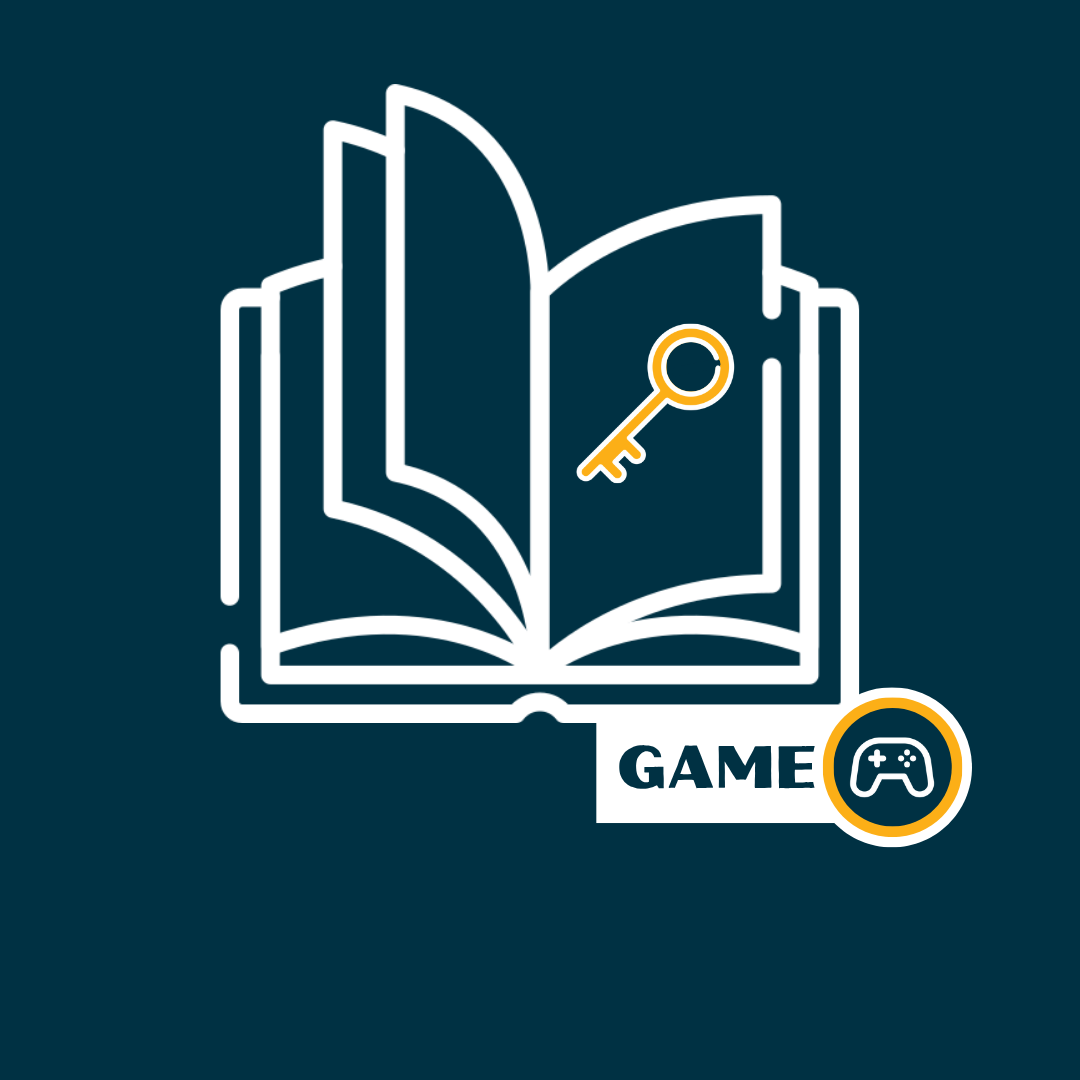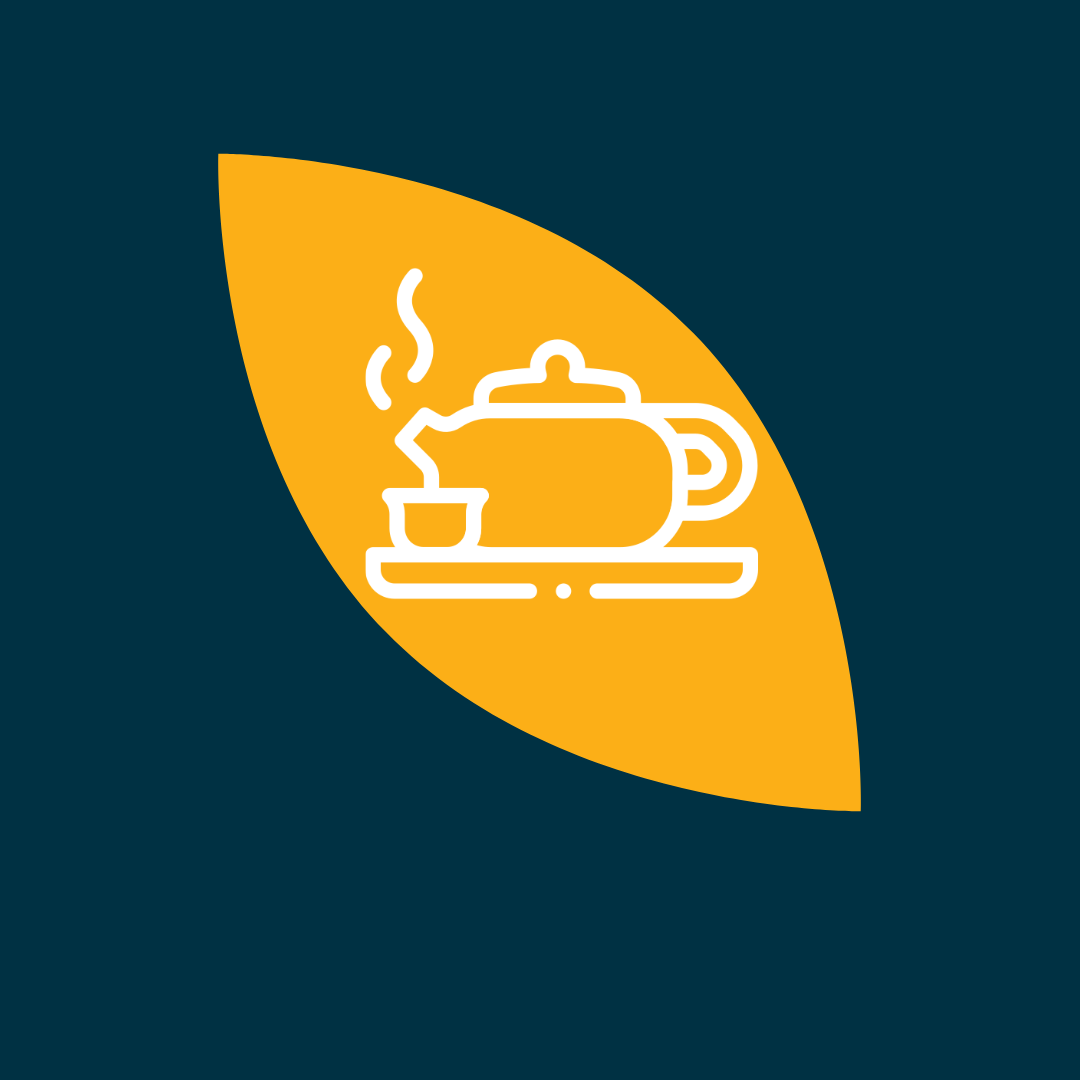With the End in Mind
Confronting mortality in my 30s.

Circumstances forced Roshelle Patterson to confront death, and the complexities of managing the death process, at a young age. Instead of seeking a quick escape, she chose to explore death and dying more closely. In this piece, Roshelle weaves together the mundane technicalities of end-of-life planning with her own meditations on mortality and our society's relationship with it. She reflects on how passing through this administrivia can catalyze a deeper sense of resolution.
***
Reality Checks and Midnight Texts
It was the middle of the night. Or maybe early morning, somewhere between 1 and 2 a.m. Ping. Then another. Then another. Usually, I’d ignore it, roll over, and deal with it in daylight. But the rapid-fire tones made me curious.
It was my mom.
Great, I thought, squinting at her name on the lock screen. She probably needed help getting into her email. Again.
Helping my mom with technology has always been a cornerstone of our relationship. There’s the time I walked her through sharing her GPS location because she swore she was “lost but not lost.” Or the day we tackled downloading photos from the Cloud - an adventure for the ages.
Her out-of-touchness with tech has always been funny - her insistence on calling every computer issue “hackers in the system” or blaming the “screen acting up.” For years, I thought this was us: a mother-daughter tech support hotline, punctuated by chats about Project Runway reruns, bad Tim Gunn impressions, and weather forecasts.
But lately, the texts started changing.
No more “How do I export my contacts?” Now it was, “Where’s the cheapest place to get a burial plot?” and “How do I make sure I’m buried at the Veterans Cemetery?” Subtle hints, sandwiched between updates on Wendy Williams and my brothers’ latest dating drama.
And then came this one:
“I keep waking up thinking about where me and my children are going to be buried. I know we live scattered lives…but where shall the three of us [be] buried?”
I groaned and put the phone face down on the bed again, feeling that familiar knot of unease in my stomach. Not this again. My relationship with death was always one of stress and anxiety, rooted in a deep discomfort with impermanence and the unanswered questions left behind. When I thought about it, much of my fear came from worrying about the legacy I would leave and how my loved ones would navigate the administrative and financial burdens left in my absence - grief tangled with logistical chaos.
Though we know that people die everyday, unless you are a medical or funerary professional, the phenomenon is surprisingly absent from our daily lives. From the ambulance to the hospital to the casket or crematorium - the way death is always kept out of sight practically ensures our uneasiness with the subject. But my mom’s texts were a stark reminder of death’s inevitability and omnipresence.
These questions from my mom started after my great-grandmother and great-aunt passed away. Their deaths left our family grappling with funeral expenses and profound uncertainty about how to honor their wishes. Southern funerals in my family are nothing if not grand: embalming, open caskets, wakes, burials - the whole shebang. They also come with a price tag that requires family group chats about “pitching in.”
We weren’t prepared. Looking back, it was obvious that they were sick for months before they passed. But no one had a plan. There was a stubborn stigma against acknowledging death, yes, but maybe something deeper? Out of many reasons, at least one, suggests hospice expert Dr. Kaishauna Guidry, could be systemic.
Dr. Guidry, hospice medical director and physician at Mourning Dove Medical, puts it plainly: “We’re not doing the best we can as physicians to empower people to help themselves. We need to ensure that physicians discuss the trajectory of disease with their patients…not wait until the end to have a difficult conversation, but at diagnosis. People should know about chronic diseases so they can navigate them well.”
How much of a role systemic challenges played in my own family’s inability to plan I can’t say for sure, though I’m sure having clearer guidance about our loved ones’ terminal illnesses and chronic diseases would’ve helped us start thinking about the end sooner. One thing I definitely can attribute these failures to is our taboos around death. Ultimately, corners were cut at the two funerals, and everyone resigned to hushed whispers, hoping the lack of funds and budget cuts weren’t too obvious.
We ended up scrambling. Medical decisions were made by well-meaning relatives who had no clue what my great-grandmother or great-aunt wanted. When they passed, we were left guessing: What kind of burial would they have wanted? What kind of service? The answers had died with them.
And through it all, my mom was there, stuck between tradition and practicality. She started dropping hints about her own plans - how they were written on a note, buried in her closet under old jackets. Sometimes she joked about buying a family plot; other times, she’d casually pivot to wanting a “cheap cremation.” Little did she know, “cheap” still runs five figures.
For a long time, I dismissed her concerns, filing them under “Not My Problem, Yet.” I thought I had time. Then, out of all things to suddenly strike me with enlightenment, HBO slapped me in the face with a wake-up call.
I was watching Insecure - Season 5, Episode 8, for those keeping track - when Molly’s mom survived her second stroke. In the aftermath, Molly’s family sat down with her estate-planner friend, Kelli, to figure out their assets and wishes.


Molly’s family didn't have much, and the financial strain was palpable, but what struck me most was the shame.
I saw my family in that scene. The paycheck-to-paycheck cycles my mom fought to escape - and is still stuck in. The cycle reaching back beyond her, to her mother, and her mother’s mother before her. The cycle of poverty that ran through my family like dust devils through a cotton field.
I saw the rows of resilient, yet still wanting relatives who continue to survive in the projects where she grew up in Birmingham. I saw myself, a millennial, given a better chance at life to grow up in the suburbs, but still clawing my way out of debt while trying to break a slew of generational curses and not burn out before 35. Through my research, I learned I wasn’t alone.
“We don't like to talk about death. It can be very scary, and overwhelming, [with] so many myths and problems and barriers, even for very well-educated people who have assets and haven't taken the step. It's not about wealth, it's an ignorance gap. People assume because we are more educated than ever, that we have taken the step when it comes to estate planning and it's not true at all…we're taught to work hard, but not how to properly transfer [what we’ve earned]…if you have a bank account, kids, or own a house...you need to have a plan. It's how you make sure that your family has order, [no matter] if you have $500, $5,000 or $5 million…” - Jini Thornton, CEO, Black Women Will
A 2021 Gallup Poll showed only 46% of U.S. adults have a will. The numbers plummet for younger adults: 76% of people 65+ have a will, compared to 36% of people 30 - 49, and just 20% of people aged 18 - 29.
My family’s lack of death planning and how it played into these statistics stung and I knew that this sting wouldn’t go away; freshly 30 years old, I decided I had to start thinking about death.
It’s not exactly thrilling to consider your own end while you’re still young, but my aging mother and my own brushes with loss reminded me - death is inevitable. Why pretend it’s not? Maybe end-of-life planning isn’t the morbid chore we think it is. Maybe it’s the most responsible, loving thing we can do for ourselves and the people we leave behind. And maybe, just maybe, this responsibility and sense of duty I feel to break my family’s painful cycles of poverty and shame could truly start here, with my relationship with life and death. But where would I even begin with such a tremendous task?
Well, to the place where everyone goes when they have a burning question at 2 a.m.…strangers on the internet!
Grief, and the Plight of the Eldest Daughter
I loaded my search engine with a string of terms that I was sure would hit the SEO of even the most ill-designed of websites - some jargon soup of “estate planning”, “wills”, “end of life plans”, “near me”. I was met with page after page of local professionals with expertise in living wills, last wills and testaments, and estate planning. I felt my eyes begin to cross as I resigned myself to reviewing the nearest, top rated choices from the list.


I felt dejection, and a hint of ick, as I quickly learned that drafting a will with an attorney costs between $300 and $1,000, depending on complexity; working with a CPA was slightly cheaper, but still out of reach for me. My journey to be a responsible adult and plan for the end died a small bureaucratic death, and for a while, I stalled here, feeling defeated and anxious.
During this downtime, I reflected more on my anxiety. Why was I so afraid of death and dying? What was it about death that felt unnameable?
I traversed my own memories of loss, from the kind-hearted Uncle Mark, to the small but mighty Great-Aunt Addie Mae, and her opposite, the large and shy Great-Aunt Annie Maude. I thought of Smokey, Buddy, Pudding, Oscar, Laundry, Teddy and Tema - all pets that I’d loved and lost in my lifetime. I thought of my friends Kevin, Debra, Ben. I thought of my unborn brother, and of my own miscarriage. I wept. I realized that grief is the pain of still loving someone, even when they’re gone, and my desire to avoid that pain was making this process of confronting my own end more challenging.
I stumbled across ideas like death positivity, exercises like the Nine Contemplations of Atisha and the work of death doulas like Alua Arthur. Slowly, awkwardly I began to dislodge and dissolve the fear inside of me. I didn’t remove it all, but enough of my raw heart had been successfully excavated to where I could feel an earnest, strange sense of peace around the topic now. For the time being, I think I’d given myself just enough elasticity and leeway to really engage in the process properly.

Almost as if this understanding with death was an important step needed for my journey to continue, I received a sign from the universe, in my inbox of all places, where two veteran newsletters offered some potential next steps. One offered a free wills clinic through the George Mason University Veterans Legal Clinic, providing pro-bono services for drafting wills and advance directives. The other introduced me to FreeWill, an online tool that allows anyone - not just veterans - to create a basic will for free.
Even without speaking to an end-of-life planning expert, and armed only with a handful of ambitious Google search results, I somehow managed to complete the first few steps in preparing for the end. Better yet, I learned that all of this is really about having a conversation with yourself. A conversation that may involve fear and tears, but is ultimately about healing.


They seemed like small steps, but they were truly monumental. Breaking the taboos around death started to feel a lot like breaking free. Armed with these insights, I further explored my options.
Finding Peace Through the Paperwork
Over the course of a month and a half, I engaged with the attorneys at the George Mason University Veterans Clinic. They were patient and kind and took the time to explain everything from start to finish over long phone calls. They helped me draft a living will, a last will and testament, and an advance care directive. Everything - for free!

I was relieved to have clarity on my next steps, but I had no idea how much effort the paperwork would require. I was terrified thinking through who would make medical decisions for me if I were incapacitated. I hadn’t thought about what would happen while I was still alive but unable to decide for myself. It was hard enough planning for the end, but planning for my life when I couldn’t make decisions? That felt even more ambiguous.
I chose my mother and brother for many things (this was before I met my now-husband), but I worried - what if something happened to them before me? Who would take their place in my wills? I started to feel panicked. Who would be the best person to advocate for me?
This experience taught me several valuable lessons:





I completed the draft of my will in just under 18 minutes, but this process has taken far longer than that. It's been years of wrestling with fear, breaking taboos, and unlearning what I thought I knew about death. Completing that document, even in its draft form, felt like a triumph, because end-of-life planning isn’t just about legal documents or logistics. It’s about something much deeper: creating space for empowerment, clarity, and dignity in how we live and how we prepare to leave.
It Ran in the Family, Until it Ran into Me
For young adults like me, starting this process early helps lift the weight of future uncertainties. It allows us to support our aging loved ones, navigate inevitable life changes, and face crises with steadiness instead of scrambling.
A big reason I felt compelled to explore end-of-life planning was to guide my family. My mom, especially, has expressed her desire to ensure her wishes are documented. As her eldest, it’s my privilege to walk her through the process, just as I would help her navigate her phone or computer. It’s an act of love, and one that brings peace of mind to us both.
Reflecting on my own experiences with loss has not only given me a sense of peace about death but has also inspired me to think about how I can help others. I’ve begun to consider becoming a death doula, or someone who supports individuals emotionally and practically through the end of life. I want to be part of reshaping how we approach death, encouraging open conversations and fostering a sense of acceptance. I want to hold the hands of others like me who are beginning their journey of end-of-life planning, and kindly assure them that it’s about more than facing death.
It’s about breaking cycles, cycles of fear, shame, and avoidance. It’s about leaning into love, legacy, and liberation. It’s about giving yourself and your loved ones the gift of clarity, so that when the time comes, they can grieve without guessing, and you can show up - for yourself, for the people you care about, and for the life you’re still building. And maybe, just maybe, it’s the most radical act of love and freedom we can offer.
Roshelle "Ro" Patterson is a UX researcher, game designer, and multidisciplinary writer whose work explores the intersections of solarpunk storytelling, death education, environmental justice, and cultural preservation.
Roshelle is also a participant in the Tusk & Quill Rotational Program.
All opinions expressed here are solely of the author and do not reflect the views of the author’s employer.

 0
0
Featured Content
Stay up-to-date with our latest articles











